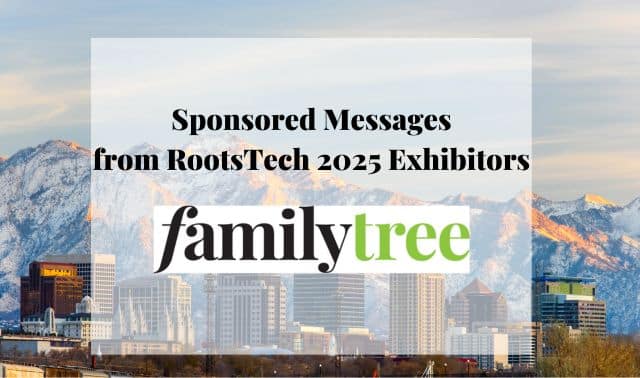Sign up for the Family Tree Newsletter! Plus, you’ll receive our 10 Essential Genealogy Research Forms PDF as a special thank you.
Get Your Free Genealogy Forms
"*" indicates required fields

Records from the Freedman’s Bank were previously available to family historians on microfilm from the National Archives and Family History Library. Now the Church of Jesus Christ of Latter-day Saints’ Freedman’s Bank Records compiles data from the bank’s registers into a searchable database on disk. You can easily hunt for family connections among 480,000 names of depositors and their family members.
The disk runs on Progeny Family Explorer (included with the database), an easy-to-use viewer that lets you search by name, place, date or event. Family Explorer starts with a list of names you can search or scroll through; searches for dates and places produce a “Match List” of names — for instance, a search for Montgomery, Ala., turns up 44 people. Click on a name to view details about that person.
The record of Abner Binford Smith, for example, shows the bank location and date, his parents’ names, place of birth, complexion (“very light”) and current residence. You also learn he was a 10-year-old boy who “goes to school.” Like Abner’s parents, John and Mary, many names in the database are incomplete since slaves may not have had surnames. And don’t be surprised to find a lot of blank fields — information varies wildly from record to record. You might also discover the name of the plantation, master and mistress, military information and occupation. When looking for African-American ancestors in this database, keep in mind that the Freedman’s Bank’s 37 branches operated in larger cities in the South, as well as a few Northern cities such as New York and Philadelphia.
Freedman’s Bank Records requires a Pentium-speed processor with Windows 95 or higher, 8 MB RAM and 8 MB hard disk space. You can search the disk for free at local Family History Centers or purchase it from <www.familysearch.org> . For more resources and tips to trace slave ancestors, see the February 2001 Family Tree Magazine.
From the August 2001 issue of Family Tree Magazine


